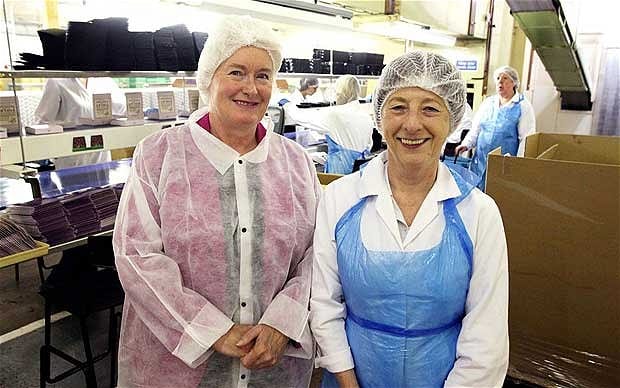Legislation
About Our Legislation & Transparency
KAN-MO GRAY PANTHERS LEGISLATIVE AGENDA FOR 2020: TRANSPARENCY
Transparency is a major focus of the Kan-Mo Gray Panthers legislative strategy. Without forcing our way through the opaque nature and inaccessibility of information stored by government agencies, we cannot adequately advocate for nursing home transformation in the United States. Also, privately held corporations owning nursing homes are not required to disclose financial information. Hence, they hide legal, financial, and ownership information in a complex networks of investment firms and limited liability companies.
The general problem with the opaqueness of private enterprise operating in the nursing home system and citizen inaccessibility to information stored by government agencies funding and regulating those enterprises, is lack of knowledge regarding excess extraction of funds at the expense of care.
Here are some examples of where we will be focusing on in pushing for increased transparency in government funding and programming:
State of Kansas:
Promoting Excellent Alternatives in Kansas Nursing Homes (PEAK program)
The PEAK program provides supplemental Medicaid payments to nursing home facilities that make good faith efforts to transform the environment of their operations from sterile, dehumanizing medical facilities in a more “home culture.” Here are some of our issues with this program:
Mission Health Communities & Other Vendors Receiving Payment from Investors in 15 Former Skyline facilities.
Insolvency of 15 facilities previously owned by white collar criminal Joseph Schwartz are now owned by investors located in Tampa Bay, Florida. These investors operate through an opaque network of private equity firms and shell companies/LLCs. Like private equity firms in general, they set up separate entities to manage firms and lease real estate.
Representatives of Mission Health Communities and their lobbyists would have the public believe that this LLC is the owners of the 15 Skyline facilities. That is not the case. It is owned by the owners, i.e. the investors. Essentially, they are paying themselves to manage their own business, which appears as an expenditure on the balance sheet. Furthermore, their lease expenditures are to real estate LLCs they own. Why is this important for patients, families, and the public in general?
Washington, D.C., Inside the Beltway, Federal Action
Congressman Mark Pocan & Senator Elizabeth Warren: The Stop Wall Street Looting Act of 2019.
https://www.congress.gov/bill/116th-congress/house-bill/3848/text
As the U.S. economy becomes increasingly financialized through a focus on speculative finance rather than on innovative and efficient production of goods and services, takeover firms such as KKR, Carlyle Group, & Apollo Financial Management have undertaken leveraged buyouts of nursing home and hospital corporations.

The result of these buyouts with mostly borrowed money has been lower quality health care, destruction of viable companies through sell off of property, reduction of costs through staff cuts, and less service.
General and limited partners in the PE firms pocket cash from costs cuts, saddle the victim company with debt utilized to leverage the buyout (the partners only provide 20 to 30 percent of the equity and recoup that through extraction from cost cutting at the expense of employees and patients).
Senator Elizabeth Warren Quote:
Over the last two decades, private equity activity in the economy has exploded. Since 2009, investors have allocated $5.8 trillion globally to private equity. Private equity funds have purchased companies in many sectors of the economy — from nursing homes, to newspapers, to grocery stores — laying off hundreds of thousands of workers and ruining thousands of companies in the process.
Today, 35,000 companies owned by private equity employ nearly 5.8 million workers.
The Stop Wall Street Looting Act of 2019
U.S. House of Representatives: Hearings On Private Equity
Congresswoman Maxine Waters, Chair of the House Financial Services Committee held hearings re private equity. The following is a quote from the congresswoman’s opening statement:
“Private equity firms increasingly hold ownership of our hospitals, nursing homes and emergency services. In 2018 alone, private equity firms spent a total of $10.4 billion buying up hospitals and medical clinics, a drastic increase from the $250 million it spent in 2009 on those industries.

A New York Times investigation found that an ambulance company owned by private equity, Rural/Metro, had slower response times under private equity ownership, and undertook “more aggressive billing practices."
According to the report, “Rural/Metro once sent a $761 collections notice to an infant girl born in an ambulance.”
https://financialservices.house.gov/news/documentsingle.aspx?DocumentID=404818
Full committee hearing at:
https://financialservices.house.gov/calendar/eventsingle.aspx?EventID=404650
